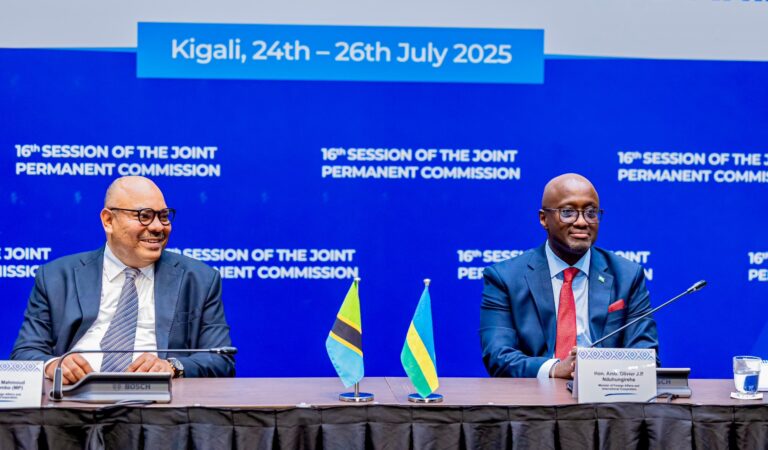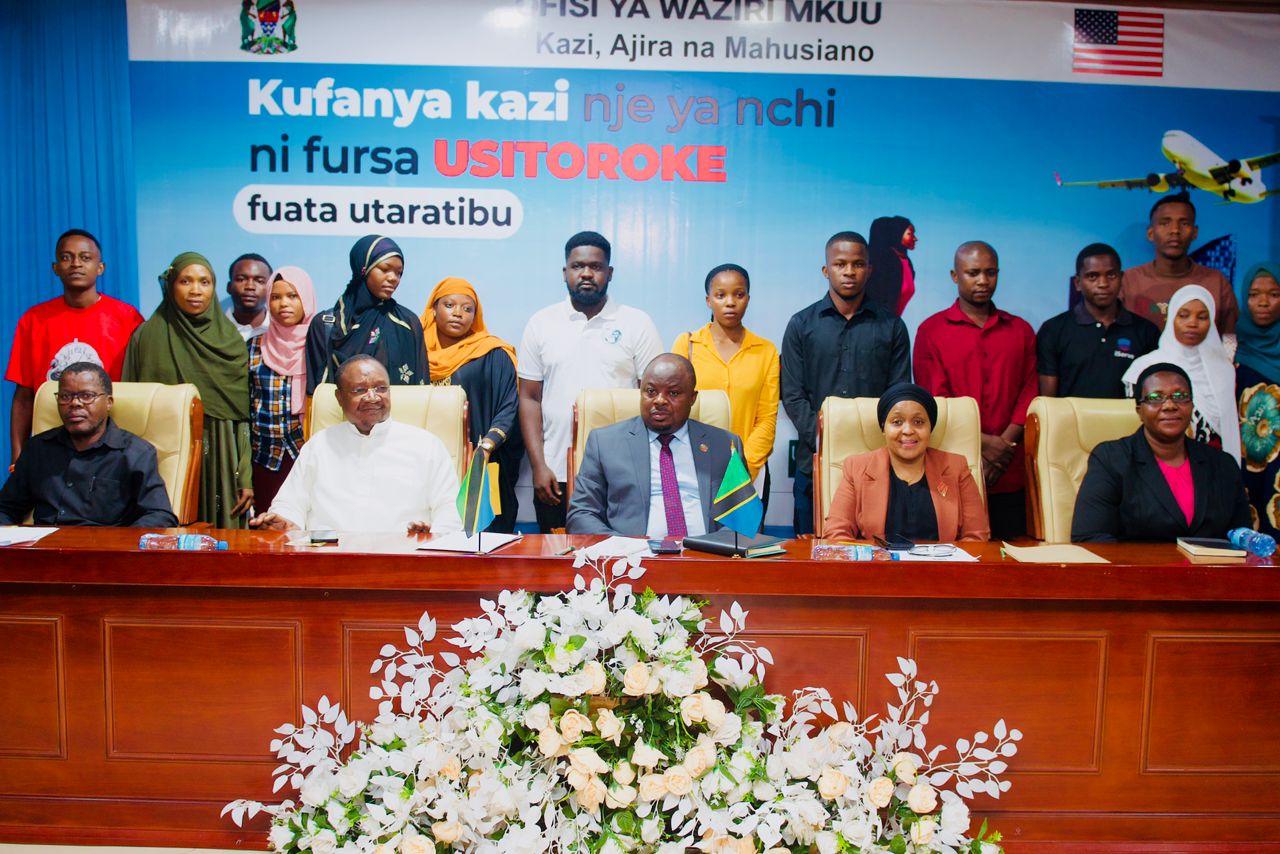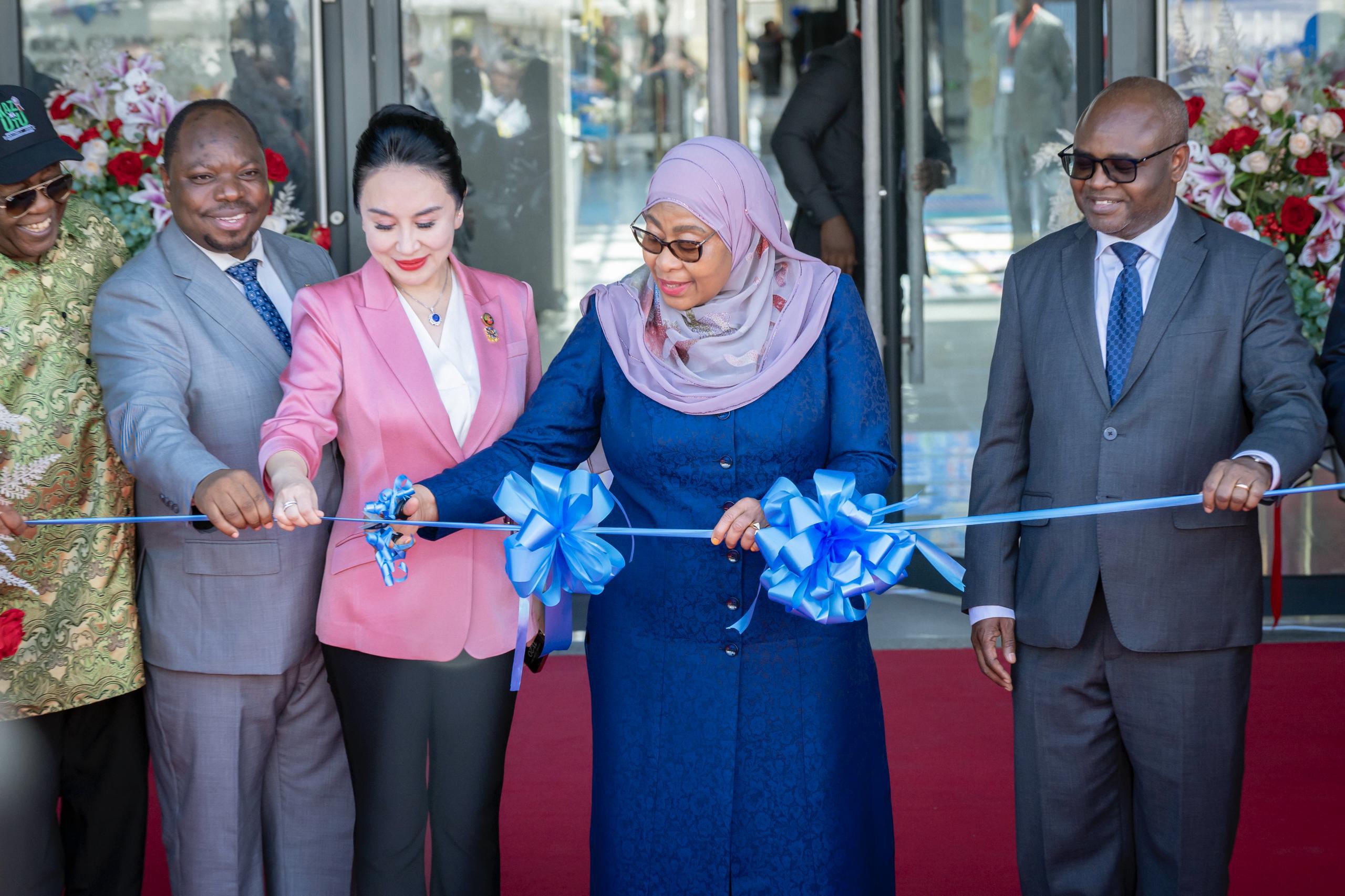Dar es Salam. Rwanda and Tanzania have inked a pivotal Memorandum of Understanding (MoU) for the establishment and operationalisation of a Tanzania Ports Authority (TPA) liaison office in Kigali.
This landmark agreement, signed on Saturday, 26th July, during the ministerial session of the 16th Joint Permanent Commission (JPC), is set to revolutionise cargo clearance for Rwandan traders, particularly those who rely heavily on Tanzanian ports, most notably Dar es Salaam.
This strategic move means traders will soon be able to process crucial shipping documents locally, eliminating the need for costly and time-consuming journeys to Tanzanian ports.
Officials anticipate this will lead to substantial reductions in transport costs, alleviate logistical bottlenecks, and significantly enhance the efficiency of goods movement between the two East African nations.
Rwanda’s Minister for Foreign Affairs and International Cooperation, Amb Olivier Nduhungirehe, underscored the importance of this collaboration.
“We value our partnership with Tanzania, which facilitates over 70 per cent of our maritime cargo through the Port of Dar es Salaam,” he said.
“The establishment of a liaison office in Kigali will streamline logistics, reduce bottlenecks, and significantly improve trade efficiency.”
He further noted that while the trade and investment relationship between the two countries remains robust, there is still considerable untapped potential.
Tanzania, he added, has consistently held its position as Rwanda’s second-largest source of imports, contributing approximately 15 per cent of Rwanda’s total imports over the past three years.
Rice, according to the Ministry of Trade and Industry, stands out as a key import from Tanzania.
Beyond port services, a second crucial agreement was also signed, focusing on agricultural cooperation.
This pact aims to deepen collaboration in food production, research, and trade. It seeks to foster the exchange of expertise, technology, and vital data to boost productivity and enhance food security across both nations.
Tanzania’s Minister for Foreign Affairs and East African Cooperation, Amb Mahmoud Thabit Kombo, echoed the sentiment of mutual benefit.
“This collaboration is vital. Rwanda is not only a key trading partner but also a major transit client for Tanzanian ports and infrastructure,” he affirmed.
He stressed the shared importance of strengthening investment flows and ensuring the timely implementation of agreed actions.
Despite a 13.9 per cent drop in Rwanda’s imports from $844 million in 2023 to $727 million in 2024, as per Rwanda’s Ministry of Trade and Industry, Tanzania remains a critical component of Rwanda’s supply chain.
The newly established liaison office is expected to play a crucial role in optimising trade routes and mitigating existing inefficiencies.
These agreements were a key part of the broader discussions at the 16th JPC, which covered a wide array of sectors including trade, infrastructure, agriculture, energy, education, health, and security.
Both ministers emphasised the imperative of implementing the JPC resolutions, expressing confidence that these initiatives will significantly contribute to economic growth, foster deeper regional integration, and strengthen diplomatic ties.
As East African nations collectively push for enhanced regional integration under the auspices of the African Continental Free Trade Area (AfCFTA), the burgeoning Rwanda–Tanzania partnership stands as a compelling testament to practical cooperation geared towards achieving mutual prosperity.







